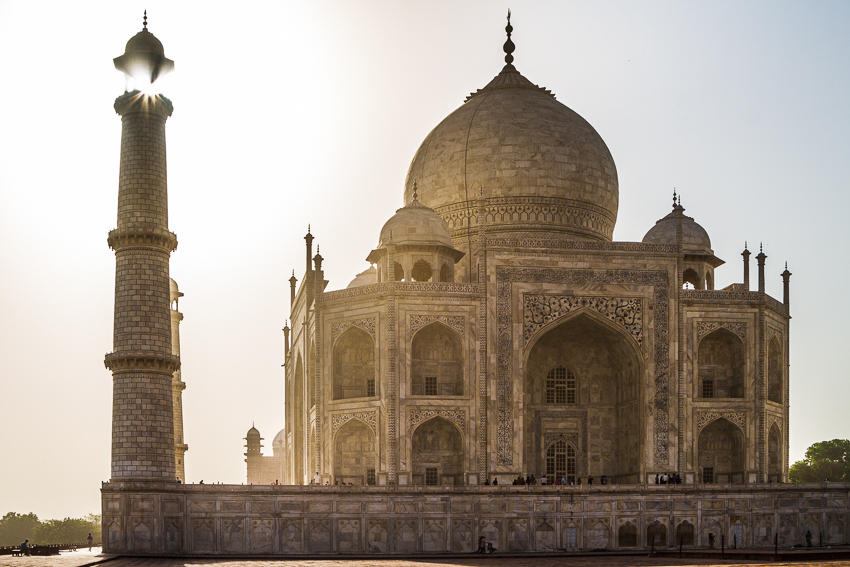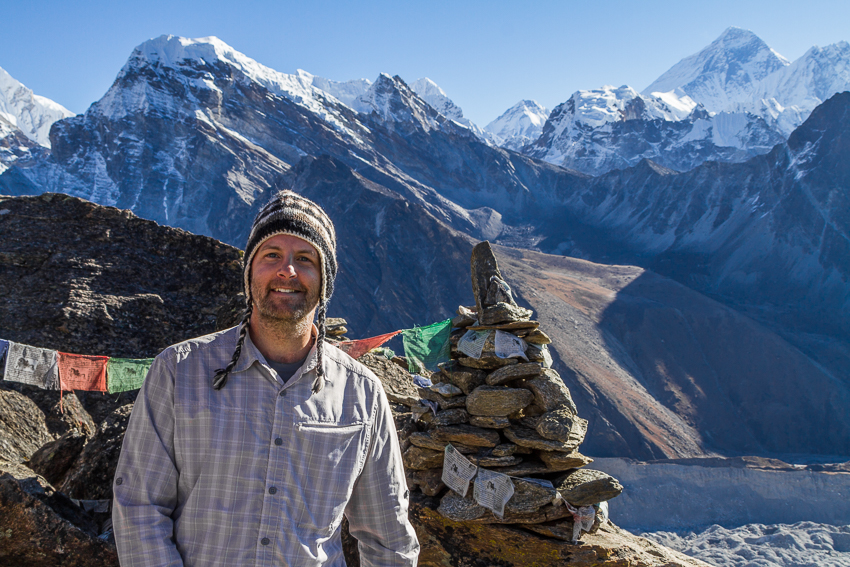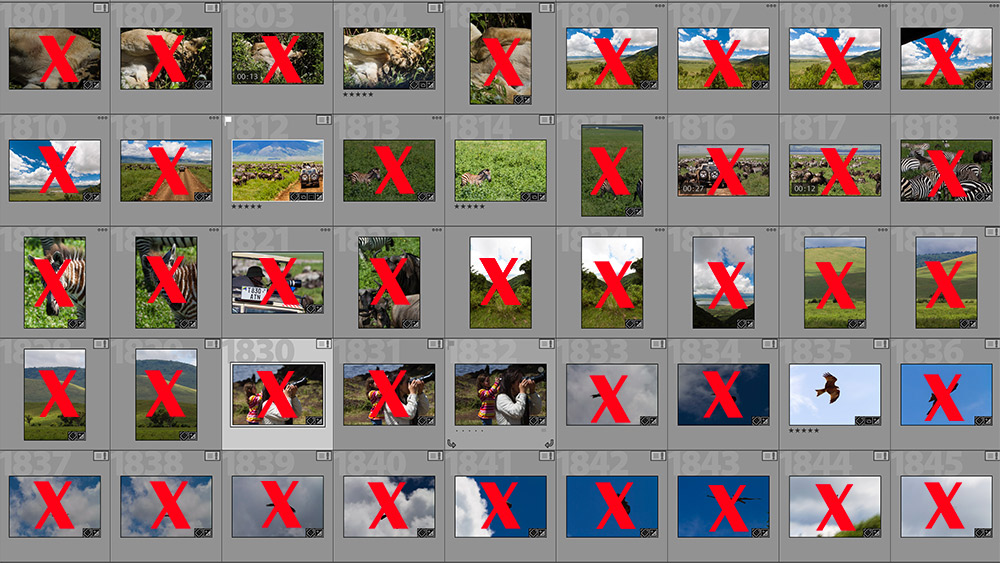Raise your hand if you like taking photos.
OK, that’s about 90 percent of you out there.
Now, raise your hand if you don’t like wading through hundreds of photos on Facebook from your friend’s last trip.
And, that’s 100 percent of you.
Don’t be that person who posts “boring” photos from your last adventure. And, if you are that person, here are few steps to consider.
Set the scene
The first step is realizing people don’t need to see everything you shot to feel like they were there. Limiting the number to around 20 to 30 images will help ensure people actually cycle through your album in full.
The second step is to take extra consideration when you name your album. A well-chosen name goes a long way in helping give your viewers context.
If I named an album “France” and begin with a photo taken in Paris, I’m assuming my friends know the city well enough to associate the image with the City of Lights. But, if they don’t, it’s likely they’ll soon lose their focus because you have not provided context.

Don’t forget to include words with your images, they help.
Show details
Next, show some details. The adage in the photography world is to get close, then get closer. Pick apart your subject and add some mystery to the large scenes.

Sainte-Chapelle in Paris, France. Photo courtesy gnosne.
Here’s an example of the lovely stained glass to be found at Sainte-Chapelle. While that broad image gives a feel of the hall itself, you need details to follow the wide shots.
Like this.

Take a look around for something engaging to zoom in on.
Or this.

Details hold people’s interest. Feed them!
Forget boring
This image? Boring.

The Taj Mahal offers hundreds of persepctives for the curious photographer. Go find them!
Same place but different angle? Dynamic!

Seek out the lesser-known angles.
You’ve told your friends you went to India and saw the Taj Mahal (see note above about album names). They’ve likely seen photos of the Taj before, so show us your unique take on it.
Sure, you can still shoot the iconic shot you see above, but when sharing photos, give us something new to drool over.
Portraits instead of selfies
You look great! You look even better without your arm in the frame or your mug covering half the image.

This is doing it wrong.
People just look different when they aren’t taking a selfie. They smile better, I think, and their body language is more open and relaxed. If you need help choosing who to hand your phone off to, I suggest looking for parents with kids. They tend to be trustworthy.

Much better.
Put yourself out there and ask someone to take your photo. These days, those are the unique shots.
Show them people
This one has been hard for me, even now after dozens of trips to more than 20 countries, but take more photos of people. “Ugh,” I can hear you say, “I feel so weird taking photos of people.” I get where you’re coming from; I used to be that way as well. Heck, most of the time I still don’t feel 100 percent into taking “people photos.” If you always make sure to ask permission before taking photos, it’s likely you’ll avoid awkward situations.

Our guide, Ebenezer, in Tanzania.
The thing is, people can make your photos more interesting. When flipping through any travel magazine, you’ll notice a mix of landscapes and shots with people. We want to see who you met during your travels to help make the story complete.
Don’t show them everything
Cull your final photos like space is limited. Your friends will thank you for it. I know it can be tough to hold back and only post a few images, but it is worth it.
Fewer images mean they are more likely to be seen. And isn’t that why you are posting pictures to social media? If not, you’d just be hanging prints on your walls. You want those images to get eyeballs, and this is when less is more.

Five keeper shots out of 45 is still a high ratio, considering I took 1,800 photos in the Serengeti.
State the number of images in the album description: “My absolute best 20 images” or “Two images a day from my two weeks in Bolivia.” Let readers know there is an end in sight and that you put effort into presenting only your best.
Think of it this way: A National Geographic photographer might shoot more than 10,000 images for a single story. From that huge pool, they and their editor “cull the herd,” so to speak, and narrow it to seven to 12 key photos to tell the story. And, they may have spent more than six months shooting!
If they can tell amazing stories with those limits, I suggest you keep your trip albums to 20 to 30 of your absolute top images.
Conclusion
We all seem to have short attention spans when it comes to social media these days, and if you want to get the story of your trip across in images, you need to add a focus to your presentation. Find an angle and tell your story. After all, it was an adventure.
Getting There
G Adventures runs a number of departures encompassing a wide range of departure dates and activities to cater to different tastes. We’re thrilled at the prospect of showing you this big blue planet of ours — check out our small group trips here.























